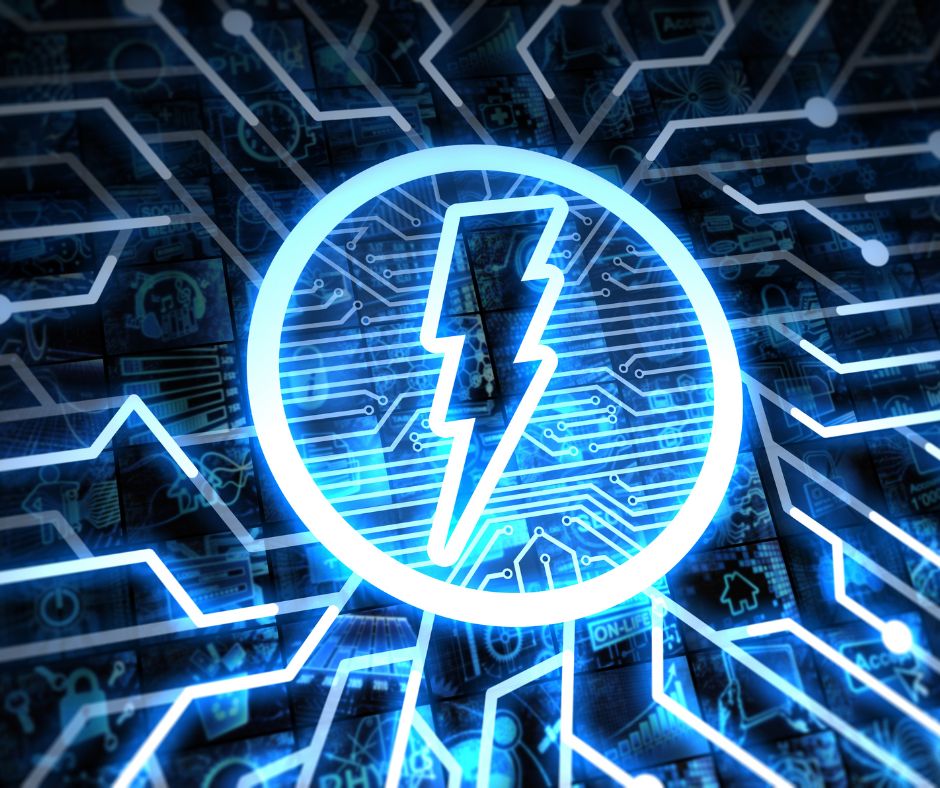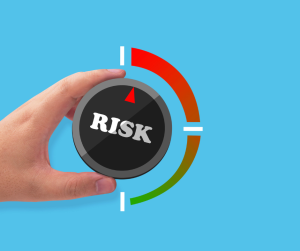Simple precautions can be taken when working with or near electricity and electrical equipment to significantly reduce the risk of injury to you, your workers and others around you.
It is important to be aware of the following risk factors and take steps to mitigate them.
Contact with Live Electrical Parts
This is the most common cause of electrical shock, which can lead to serious injury or death. Live electrical parts are any parts I.e. wires, outlets, switches, and appliances that are not properly insulated and can expose you to electricity.
Overloaded Circuits
When you plug in too many appliances or devices to a circuit, the circuit can become overloaded. This can cause the wires to overheat and start a fire.
Damaged Insulation
Insulation protects electrical wires and cables from moisture and other hazards. When insulation is damaged, it can expose the wires to the elements, which can lead to arcing and fires. Damaged insulation is often caused by physical damage or weather conditions.
Lack of Grounding
Grounding is a safety system that helps to protect you from electrical shock. When a grounded electrical device comes into contact with a live wire, the electricity will flow to the ground instead of through you.
Exposed or Faulty Electrical Wiring
Exposed electrical wiring is any wiring that is not properly covered or protected. Exposed wiring can be a shock hazard, as well as a fire hazard. Have exposed wiring repaired or replaced as soon as possible.
Faulty wiring can cause electrical shocks, fires, and other hazards. Have your electrical system inspected by a qualified electrician regularly.
Wet or Damp Conditions
When you work with electricity in wet or damp conditions, you increase the risk of electrical shock and fire. Take extra precautions when working in wet or damp environments.
Lack of Personal Protective Equipment (PPE)
PPE is equipment that helps to protect you from electrical hazards. This includes rubber gloves, boots, and safety glasses. Wear the appropriate PPE when working with electricity.
Lone Working
Working alone can increase the risk of serious injury if you are injured by electricity. It is always a good idea to have someone nearby who can help you if you are injured.
Incompetence
Training is essential for anyone who works with electricity. Training will teach you how to identify and mitigate electrical hazards, and how to use PPE properly.
Only skilled individuals should undertake electrical work; however, nobody should be complacent with regards to the harm that electricity can do. If it doesn’t look or feel right, then it probably isn’t. If in doubt – report it!











